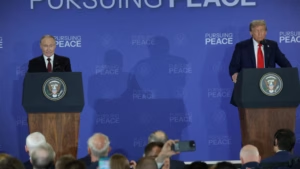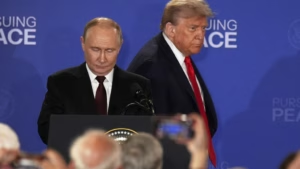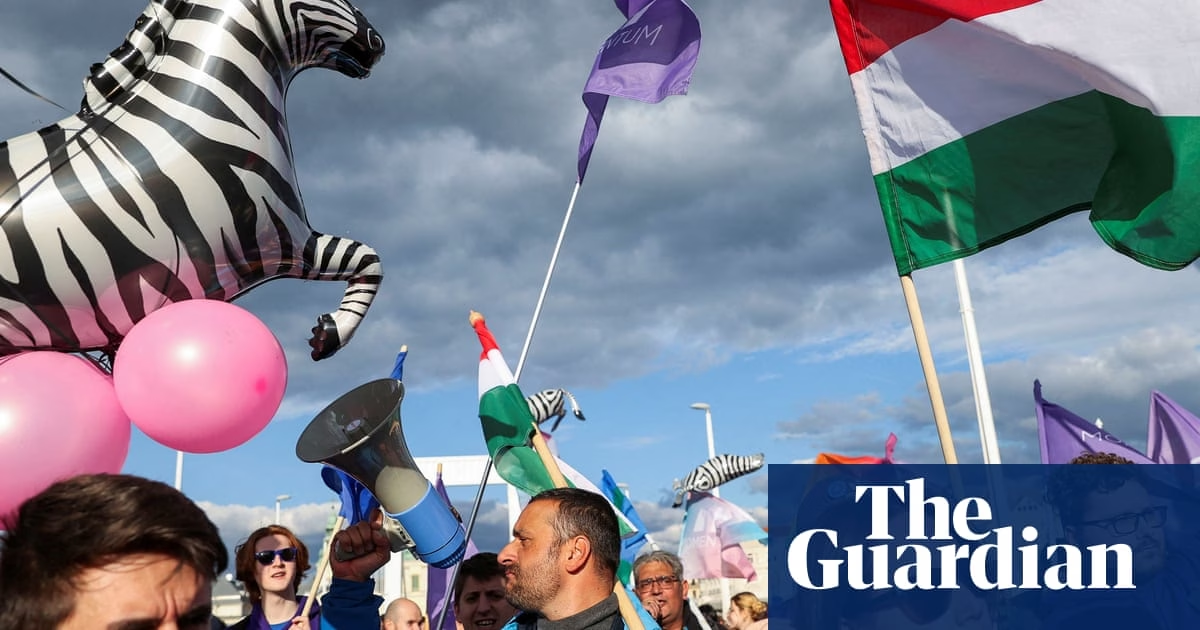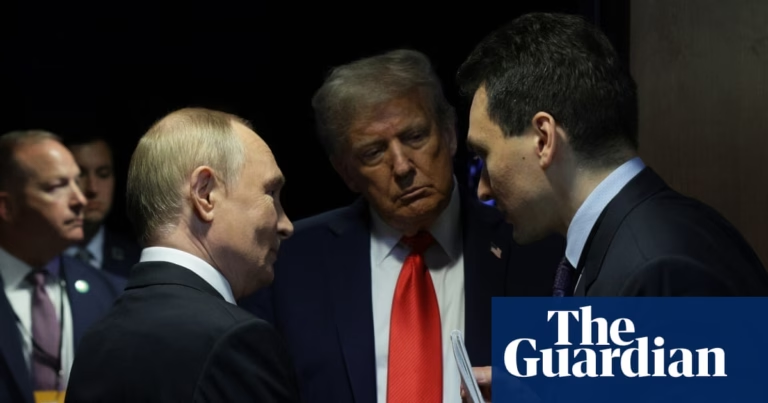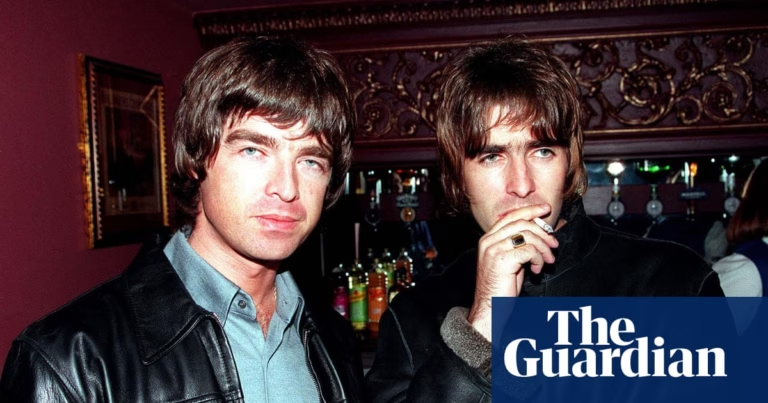Record-breaking numbers are expected to attend the Budapest Pride event on Saturday, where Hungarians are joining forces with campaigners and politicians from across Europe. The event has become a symbol of resistance against the Hungarian government’s steady reduction of rights. European Commissioner for Equality, Hadja Lahbib, stated that this is not just one Pride celebration but about the right to be oneself and to love who one desires. In the earlier part of the year, the country’s ruling Fidesz party, led by prime minister Viktor Orbán, supported legislation that could provide a legal basis for Pride events to be banned, citing a need to protect children. The government also planned to use facial recognition software to identify and potentially fine attendees. The bills spurred outrage, both within Hungary and internationally, making Budapest Pride a rallying point against a government repeatedly criticized for weakening democratic institutions and undermining the rule of law.
Lahbib stressed that the EU stands with the LBGTQ+ community, and that gathering peacefully is a core value of the EU that they will not allow regression. Budapest Pride organizers, marking the event’s 30th anniversary, said the government is trying to restrict peaceful demonstrations by targeting them. The progressive mayor of Budapest, Gergely Karácsony, declared that the event will go ahead as a municipal event, which would not require official authorization. Nonetheless, there have been warning letters from government officials cautioning embassy staff against participating.
The support for the event is widespread, both domestically and internationally, with many politicians and rights campaigners from over 30 countries attending, including former Irish prime minister Leo Varadkar, Spanish Culture Minister Ernest Urtasun, over 70 members of the European Parliament, and mayors from Brussels and Amsterdam. The European Commission President, Ursula von der Leyen, has joined calls for the Hungarian authorities to allow the event to take place, to which Orbán responded by comparing it to receiving orders from Moscow during communist times. Despite governmental warnings, the event is expected to draw tens of thousands of participants.
Given the unclear legal situation and controversy surrounding the legislative attempts to restrict peaceful assembly, Budapest Pride has become a significant point of contention in the ongoing dispute over human rights and democratic principles in Hungary. The event highlights the challenges faced by marginalized communities and the potential misuse of technology to suppress dissent and target specific groups.
Source: https://www.theguardian.com/world/2025/jun/28/budapest-pride-rallying-cry-orban-rollback-of-rights
